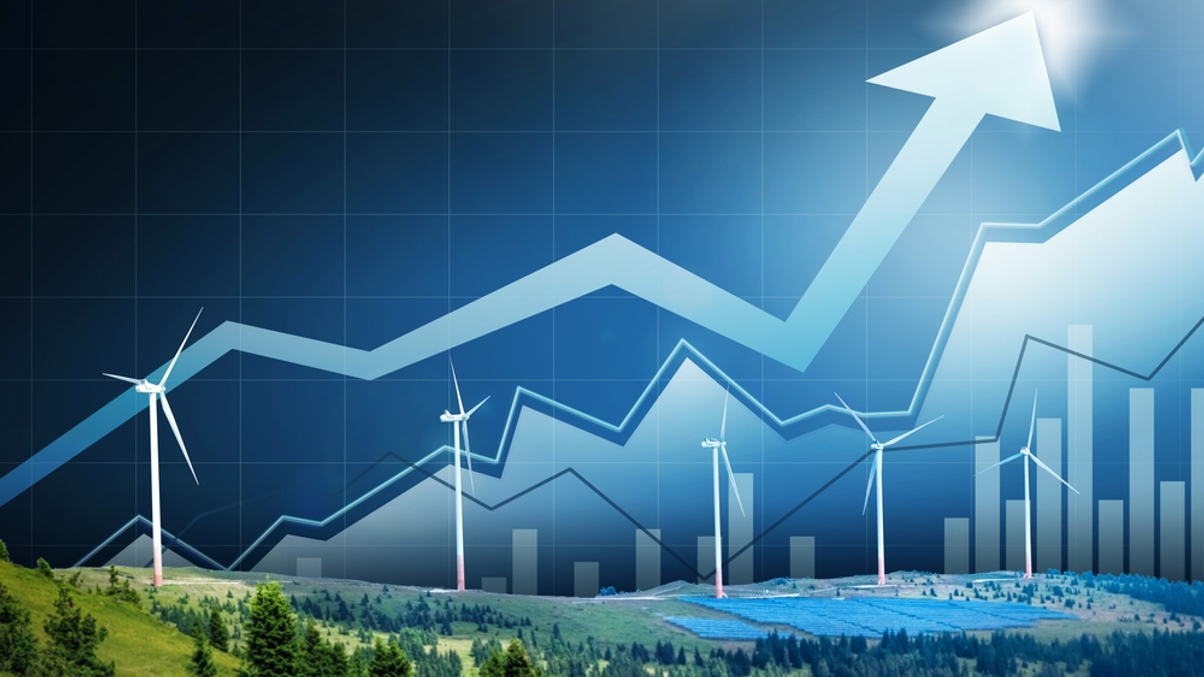Temasek, CDPQ, NZ Super and NSIA top latest GSR scoreboard
As well as two Asian funds leading Global SWF’s latest governance, sustainability, and resilience (GSR) scoreboard, the report shows sovereign wealth funds, are catching up quickly with public pension funds through their impact activities and reporting.

Since its inception in 2020, Global SWF’s governance, sustainability, and resilience (GSR) report is increasingly being adopted as a guiding framework for best practices among sovereign and pension funds.
Sign in to read on!
Registered users get 2 free articles in 30 days.
Subscribers have full unlimited access to AsianInvestor
Not signed up? New users get 2 free articles per month, plus a 7-day unlimited free trial.
¬ Haymarket Media Limited. All rights reserved.


